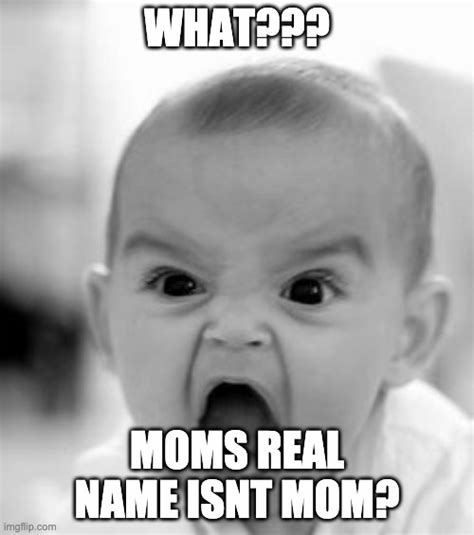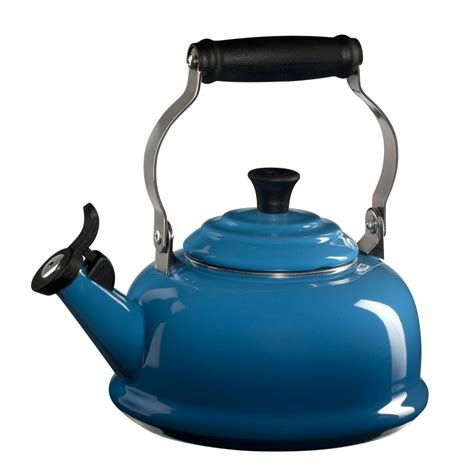The New Yorker
Why Your Name Matters
By Maria Konnikova
December 19, 2013
In 1948, two professors at Harvard University published a study of thirty-three hundred men who had recently graduated, looking at whether their names had any bearing on their academic performance. The men with unusual names, the study found, were more likely to have flunked out or to have exhibited symptoms of psychological neurosis than those with more common names. The Mikes were doing just fine, but the Berriens were having trouble. A rare name, the professors surmised, had a negative psychological effect on its bearer.
Since then, researchers have continued to study the effects of names, and, in the decades after the 1948 study, these findings have been widely reproduced. Some recent research suggests that names can influence choice of profession, where we live, whom we marry, the grades we earn, the stocks we invest in, whether we’re accepted to a school or are hired for a particular job, and the quality of our work in a group setting. Our names can even determine whether we give money to disaster victims: if we share an initial with the name of a hurricane, according to one study, we are far more likely to donate to relief funds after it hits.
Much of the apparent influence of names on behavior has been attributed to what’s known as the implicit-egotism effect: we are generally drawn to the things and people that most resemble us. Because we value and identify with our own names, and initials, the logic goes, we prefer things that have something in common with them. For instance, if I’m choosing between two brands of cars, all things being equal, I’d prefer a Mazda or a Kia.
That view, however, may not withstand closer scrutiny. The psychologist Uri Simonsohn, from the University of Pennsylvania, has questioned many of the studies that purport to demonstrate the implicit-egotism effect, arguing that the findings are statistical flukes that arise from poor methodology. “It’s like a magician,” Simonsohn told me. “He shows you a trick, and you say, ‘I know it’s not real, but how did he pull it off?’ It’s all in the methodology.” A problem that he cites in some of these studies is an ignorance of base rates—the over-all frequency with which something, like a name, occurs in the population at large. It may be appealing to think that someone named Dan would prefer to be a doctor, but we have to ask whether there are so many doctor Dans simply because Dan is a common name, well-represented in many professions. If that’s the case, the implicit-egotism effect is no longer valid.
There are also researchers who have been more measured in their assessments of the link between name and life outcome. In 1984, the psychologist Debra Crisp and her colleagues found that though more common names were better liked, they had no impact on a person’s educational achievement. In 2012, the psychologists Hui Bai and Kathleen Briggs concluded that “the name initial is at best a very limited unconscious prime, if any.” While a person’s name may unconsciously influence his or her thinking, its effects on decision-making are limited. Follow-up studies have also questioned the link between names and longevity, career choice and success, geographic and marriage preferences, and academic achievement.
However, it may not be the case that name effects don’t exist; perhaps they just need to be reinterpreted. In 2004, the economists Marianne Bertrand and Sendhil Mullainathan created five thousand résumés in response to job ads posted in the classifieds in Chicago and Boston newspapers. Using Massachusetts birth certificates from between 1974 and 1979, Bertrand and Mullainathan determined which names appeared at a high frequency in one race but at a low frequency in another, creating groups of what they termed “white-sounding names” (like Emily Walsh and Greg Baker) and “black-sounding names” (like Lakisha Washington and Jamal Jones). They also created two types of candidates: a higher-quality group, with more experience and a more complete profile, and a lower-quality group, with some obvious gaps in employment or background. They sent two résumés from each qualification group to every employer, one with “black-sounding” name and the other with a “white-sounding” one (a total of four CVs per employer). They found that the “white-sounding” candidates received fifty per cent more callbacks, and that the advantage a résumé with a “white-sounding” name had over a résumé with a “black-sounding” name was roughly equivalent to eight more years of work experience. An average of one of every ten “white” résumés received a callback, versus one of every fifteen “black” résumés. Names, in other words, send signals about who we are and where we come from.
These findings have been demonstrated internationally as well. A Swedish study compared immigrants who had changed their Slavic, Asian, or African names, such as Kovacevic and Mohammed, to more Swedish-sounding, or neutral, ones, like Lindberg and Johnson. The economists Mahmood Arai and Peter Skogman Thoursie, from Stockholm University, found that this kind of name change substantially improved earnings: the immigrants with new names made an average of twenty-six per cent more than those who chose to keep their names.
The effects of name-signalling—what names say about ethnicity, religion, social sphere, and socioeconomic background—may begin long before someone enters the workforce. In a study of children in a Florida school district, conducted between 1994 and 2001, the economist David Figlio demonstrated that a child’s name influenced how he or she was treated by the teacher, and that differential treatment, in turn, translated to test scores. Figlio isolated the effects of the students’ names by comparing siblings—same background, different names. Children with names that were linked to low socioeconomic status or being black, as measured by the approach used by Bertrand and Mullainathan, were met with lower teacher expectations. Unsurprisingly, they then performed more poorly than their counterparts with non-black, higher-status names. Figlio found, for instance, that “a boy named ‘Damarcus’ is estimated to have 1.1 national percentile points lower math and reading scores than would his brother named ‘Dwayne,’ all else equal, and ‘Damarcus’ would in turn have three-quarters of a percentile ranking higher test scores than his brother named Da’Quan.’ ” Conversely, children with Asian-sounding names (also measured by birth-record frequency) were met with higher expectations, and were more frequently placed in gifted programs.
The economists Steven Levitt and Roland Fryer looked at trends in names given to black children in the United States from the nineteen-seventies to the early aughts. They discovered that names which sounded more distinctively “black” became, over time, ever more reliable signals of socioeconomic status. That status, in turn, affected a child’s subsequent life outcome, which meant that it was possible to see a correlation between names and outcomes, suggesting a name effect similar to what was observed in the 1948 Harvard study. But when Levitt and Fryer controlled for the child’s background, the name effect disappeared, strongly indicating that outcomes weren’t influenced by intrinsic qualities of the name itself. As Simonsohn notes, “Names tell us a lot about who you are.”
In the 1948 study, the majority of the uncommon names happened to be last names used as first names—a common practice among upper-class white families at the time. Those names, too, served as a signal, but in this case as one of privilege and entitlement—perhaps their unsuccessful bearers thought that they could get by without much work, or that they could expose neuroses that they would otherwise try to hide. We see a name, implicitly associate different characteristics with it, and use that association, however unknowingly, to make unrelated judgments about the competence and suitability of its bearer. The relevant question may not be “What’s in a name?” but, rather, “What signals does my name send—and what does it imply?”









